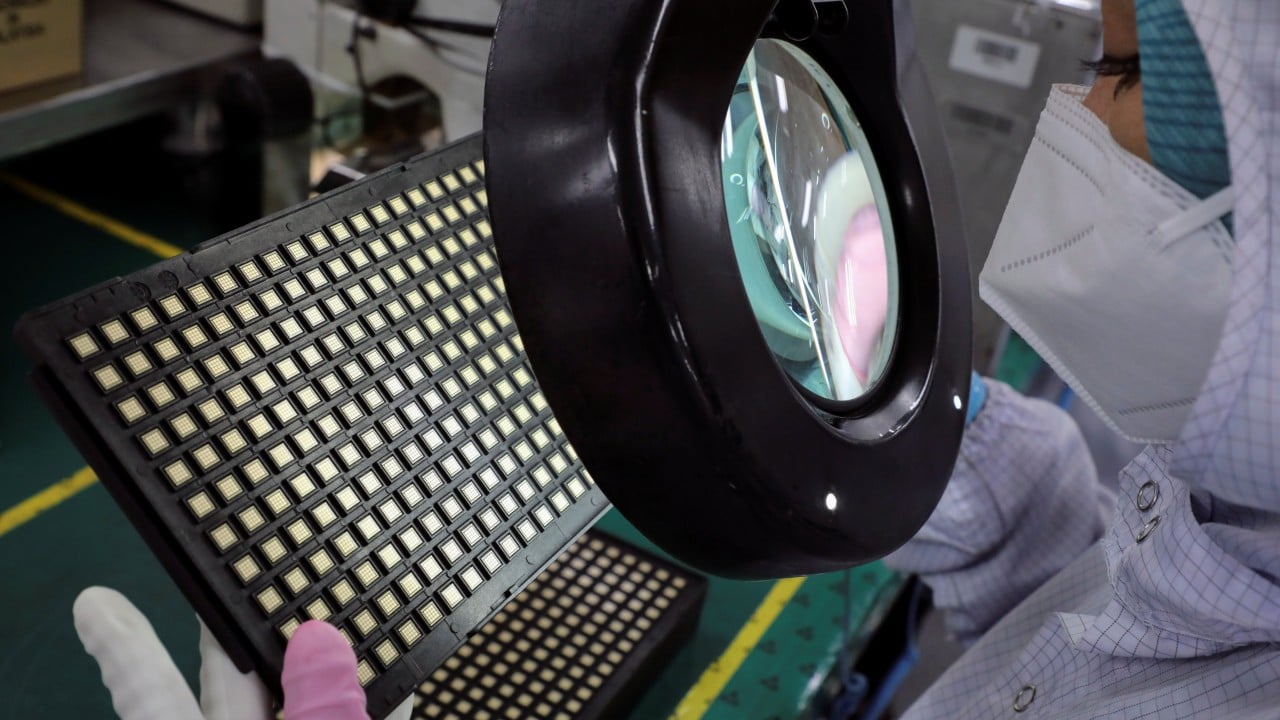Malaysia has landed in another tight spot – this time over claims Chinese engineers may have accessed high-end Nvidia chips on its soil to train artificial intelligence models, potentially breaching US export controls.
Advertisement
The timing could hardly be worse. Trade Minister Tengku Zafrul Aziz and Second Finance Minister Amir Hamzah Azizan were in Washington this week to negotiate down a steep 24 per cent “reciprocal tariff” imposed by US President Donald Trump in April.
Now, their efforts risk being overshadowed by fears in Washington that Malaysia is serving as a backchannel for Chinese firms to access restricted chips – fears that could harden American attitudes and demands.
The report, first published by the Wall Street Journal, claimed that an unnamed Chinese firm had booked out Malaysian data centres equipped with Nvidia’s most advanced chips. US policy restricts the sale or export of these chips to China and its military-linked entities, including via third countries.

While it is unclear whether any laws were broken, the perception alone could prove damaging. Analysts expect Washington may use the case as leverage to push Malaysia into stricter enforcement of US export controls, especially given the billions of dollars in investments by American tech firms in Malaysian plants and data centres.
Advertisement

